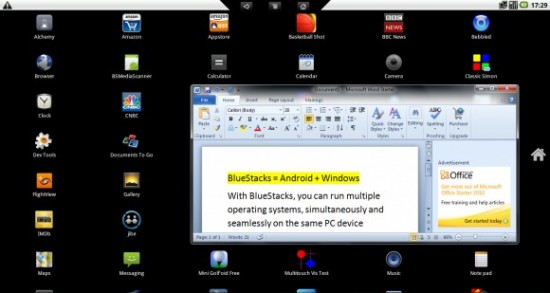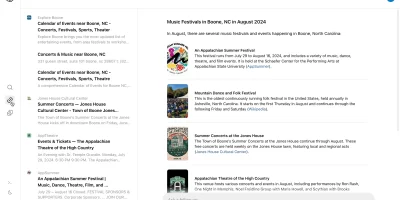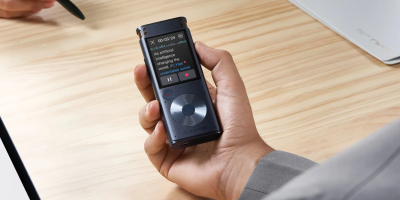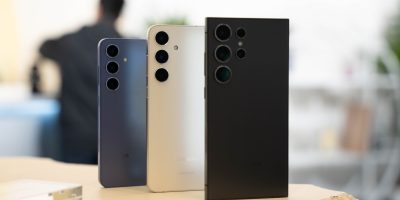
Ever since Android’s introduction, folks have been wanting to emulate the mobile operating system on their desktop and laptop computers. The SDK made this a reality, but it’s not the fastest and most practical way to do things. (It’s really only intended for developers to test their applications without having an actual device.)
Then there was android_x86, but it’s not the easiest installation and maintenance process to wrap your head around. Introduce BlueStacks, a contender who looks to make running an Android environment on your desktop as simple as installing an application and subsequently opening it.
Not only will developers get a kick out of this, but consumers may find value here. Imagine being able to run Honeycomb (whenever Google decides to release the source code) on your netbook just as you would on a tablet? We’re not sure just how fast the solution is, but we can’t imagine it’d be slower than – say – running Linux itself inside a virtualization environment. (Which is pretty darn fast depending on the hardware.)
It also supposedly interfaces very well with your Windows installation. Here’ an excerpt from the source:
Even more impressive is the fact that it uses all of Windows utilities and drivers. For example, you are in an Android app and need to print something. You just go to the top of the menu bar and hit print and it uses the Windows printer drivers. Or if you are in an Android Skype application, it uses the Windows drivers to handle the audio or video calls.
Suddenly this is sounding like something I’d want to get my hands on ASAP if only to feed the geek inside me. But more than that I think it can become a great utility for developers and even for a select group of consumers. You have our attention, BlueStacks. [via SlashGear]










As for virtualization speed, the comparison with Linux under Windows sadly isn’t really applicable – generally one would virtualize an x86[-64] linux installation, which can take advantage of near-native execution speed thanks to the virtualization extensions built into most desktop processors. (In short, x86 software can be virtualized really really quickly on x86 hardware) On the other hand, Android (assuming they’re not building their own x86 version) would need to be run inside a full ARM emulator, so can’t take advantage of those sweet, sweet virtualization extensions. :(